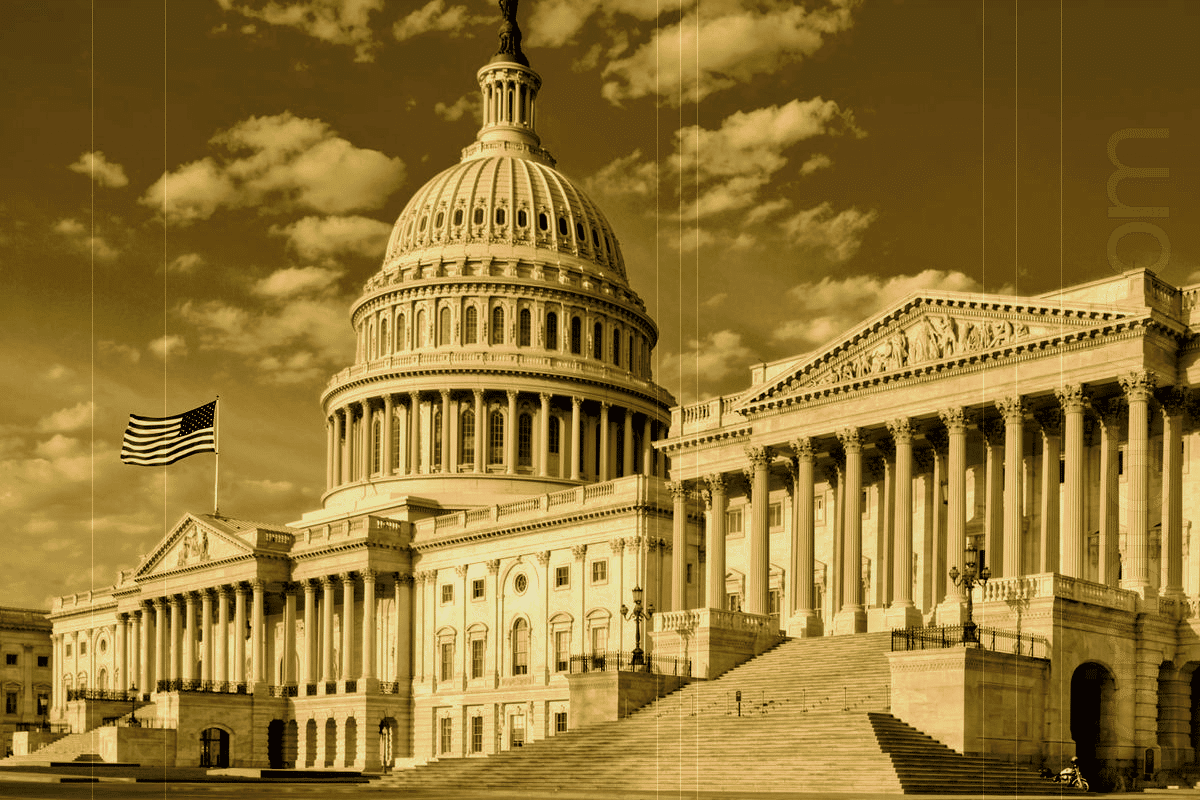
In a strategic move to curb potential ethical overreach, Senator Adam Schiff (D–CA), along with nine Democratic colleagues, has introduced the Curbing Officials’ Income and Nondisclosure (COIN) Act. The legislation seeks to “prevent financial exploitation of digital assets” by public officials—including the President and First Family—following reports of former President Trump’s crypto-related earnings.
Bill Highlights:
- Prohibits issuance, sponsorship or endorsement of cryptocurrencies, memecoins, NFTs, or stablecoins by senior officials 180 days before and two years after public service
- Specifically targets payment stablecoins—critical amid World Liberty Financial’s (WLF) March launch of a USD‑pegged coin
- Reacts to Trump’s reported $57.4 million in income from WLF, a platform tied to his family, and the family’s reduction of its WLF stake from 75% in December to 40% in June, yielding millions in proceeds
Schiff emphasized the risk of using public office to “enrich himself and his family” through crypto dealings. The bill echoes earlier ethics proposals aimed at restricting asset trading by officeholders.
In parallel action, the House‑sponsored “TRUMP in Crypto Act,” introduced by Rep. Maxine Waters (D–CA), aims to “block Trump’s memecoin and stop his crypto corruption.” Her legislation was unveiled amid a high-profile “memecoin dinner,” spotlighting top memecoin holders.
Despite heightened scrutiny and bipartisan attention, passage remains uncertain. With Democrats in the minority and a likely veto from Trump, both bills would require a two‑thirds majority in Congress to become law.







